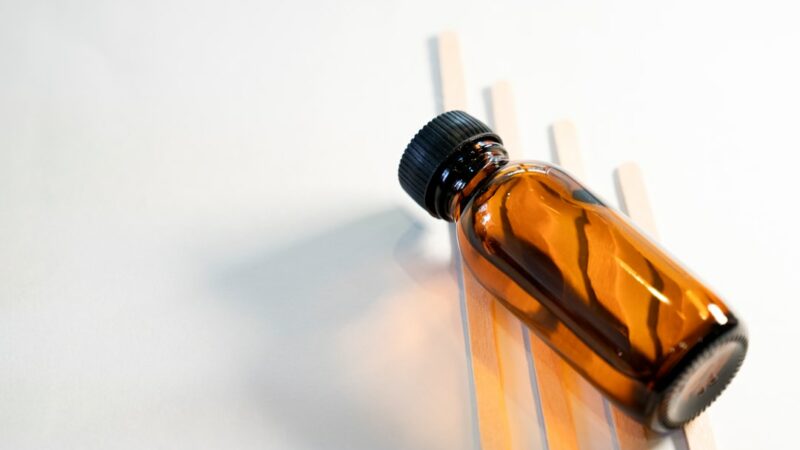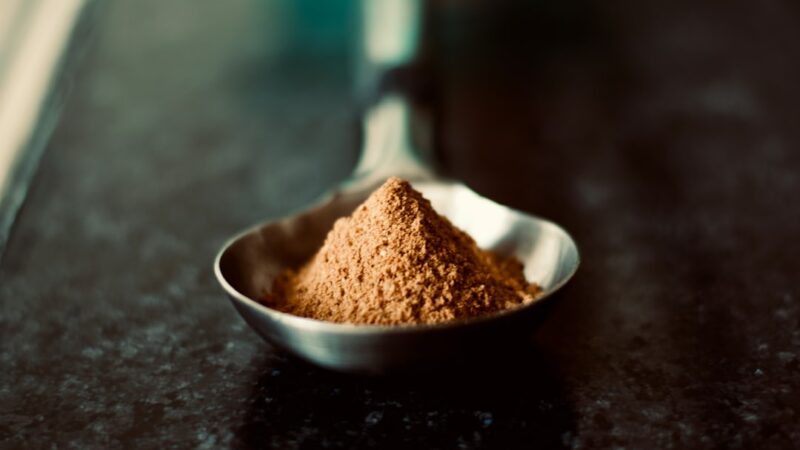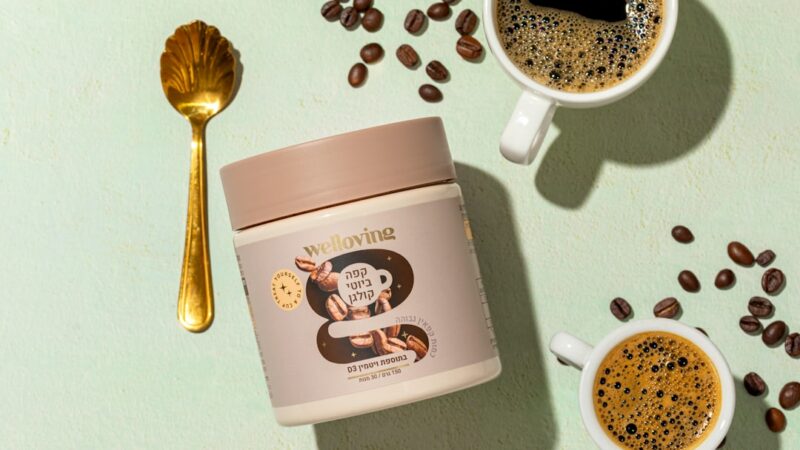“What Is Collagen and Why Your Skin Desperately Needs It”

Collagen is a protein that plays a crucial role in maintaining the health and appearance of our skin. It is the most abundant protein in our bodies and acts as the building block for our skin, providing structure, strength, and elasticity. As we age, our collagen production naturally declines, leading to wrinkles, sagging skin, and a loss of youthful appearance. In this blog post, we will explore the importance of collagen in skin health and discuss how it affects the appearance of our skin. We will also delve into the role of collagen in wound healing and scar reduction, as well as explore the effectiveness of collagen supplements and natural ways to boost collagen production in the skin.
Table of Contents
Key Takeaways
- Collagen is a protein that is essential for healthy skin.
- Collagen plays a crucial role in skin elasticity and firmness.
- As we age, our skin loses collagen, leading to wrinkles and sagging.
- Sun exposure and free radicals can damage collagen production.
- Collagen supplements may help boost collagen production, but natural methods are also effective.
Understanding Collagen: The Building Block of Skin
Collagen is a fibrous protein that is found throughout our bodies, including our skin, bones, tendons, and ligaments. It is made up of amino acids, which are the building blocks of proteins. There are several different types of collagen, but the most abundant type in our skin is Type I collagen.
Collagen is produced by specialized cells called fibroblasts. These cells are responsible for synthesizing and secreting collagen into the extracellular matrix of our skin. The production of collagen is a complex process that involves several steps. First, fibroblasts produce procollagen, which is a precursor to collagen. Procollagen molecules are then modified and assembled into collagen fibrils, which provide strength and structure to our skin.
How Collagen Affects the Appearance of Your Skin
Collagen plays a crucial role in maintaining the texture and tone of our skin. It provides support to the epidermis (the outermost layer of our skin) and helps to keep it smooth and firm. When collagen levels decline, our skin becomes thinner and more prone to wrinkles and fine lines.
In addition to its role in maintaining skin texture, collagen also contributes to a youthful appearance. It helps to plump up the skin and give it a smooth and supple appearance. When collagen levels are high, our skin looks firm and radiant. However, as we age and collagen production decreases, our skin loses its elasticity and begins to sag.
The Role of Collagen in Skin Elasticity and Firmness
Collagen is responsible for the elasticity and firmness of our skin. It provides the structural support that keeps our skin taut and prevents it from sagging. When collagen levels decline, our skin loses its ability to bounce back and becomes more prone to sagging.
Collagen also plays a role in maintaining the integrity of our skin’s connective tissues. It helps to strengthen the bonds between cells and provides a framework for other proteins, such as elastin, to attach to. Elastin is another protein that is responsible for the elasticity of our skin. Together, collagen and elastin work to keep our skin firm, supple, and resilient.
Aging and Collagen: Why Your Skin Loses Its Elasticity
As we age, our collagen production naturally declines. This decline starts in our mid-20s and continues throughout our lives. By the time we reach our 40s, collagen production has decreased by about 1% per year. This decline in collagen production is one of the main reasons why our skin loses its elasticity and firmness as we age.
In addition to the natural aging process, other factors can also contribute to a decrease in collagen production. Sun exposure is one of the main culprits. UV rays from the sun can damage collagen fibers and inhibit collagen synthesis. This can lead to premature aging of the skin, including wrinkles, sagging, and uneven texture.
How Sun Exposure and Free Radicals Affect Collagen Production

Sun exposure not only damages existing collagen fibers but also inhibits the production of new collagen. UV rays from the sun can penetrate deep into the skin and cause oxidative stress, which leads to the production of free radicals. Free radicals are unstable molecules that can damage collagen fibers and other proteins in our skin.
In addition to sun exposure, other environmental factors can also contribute to collagen breakdown. Pollution, smoking, and a poor diet can all increase the production of free radicals in our bodies, leading to collagen degradation. Free radicals can also damage the DNA in our skin cells, leading to premature aging and an increased risk of skin cancer.
The Importance of Collagen for Wound Healing and Scar Reduction
Collagen plays a crucial role in wound healing and scar reduction. When we get a cut or a scrape, our body initiates a complex process of tissue repair. Collagen is one of the key players in this process.
During wound healing, fibroblasts migrate to the site of the injury and produce collagen to help rebuild the damaged tissue. Collagen provides a scaffold for new cells to grow on and helps to close the wound. As the wound heals, collagen fibers become more organized and form a scar.
Collagen also plays a role in reducing the appearance of scars. When a wound heals, the body produces an excess amount of collagen, which can lead to raised or hypertrophic scars. By applying collagen-based products to the scar, it can help to break down excess collagen and promote a more even and smooth appearance.
Collagen Supplements: Do They Really Work?
Collagen supplements have gained popularity in recent years as a way to boost collagen levels in the skin and improve its appearance. These supplements typically come in the form of powders, pills, or drinks and contain hydrolyzed collagen peptides.
Hydrolyzed collagen peptides are smaller fragments of collagen that are easier for our bodies to absorb and utilize. When we consume collagen supplements, these peptides are broken down into amino acids and absorbed into our bloodstream. From there, they can be used by our bodies to produce new collagen.
While some studies have shown that collagen supplements can improve skin elasticity and reduce the appearance of wrinkles, the evidence is still limited. More research is needed to determine the effectiveness of collagen supplements and to identify the optimal dosage and duration of treatment.
It is also important to note that collagen supplements are not regulated by the FDA, so the quality and safety of these products can vary. Some people may also experience side effects from collagen supplements, such as digestive issues or allergic reactions. It is always best to consult with a healthcare professional before starting any new supplement regimen.
Natural Ways to Boost Collagen Production in Your Skin
If you’re looking for natural ways to boost collagen production in your skin, there are several diet and lifestyle changes that you can make. Eating a diet rich in collagen-boosting foods can help to support healthy collagen production. Some foods that are high in collagen include bone broth, fish, chicken, eggs, and citrus fruits.
In addition to a healthy diet, certain lifestyle habits can also promote collagen production. Getting enough sleep, managing stress levels, and avoiding excessive sun exposure can all help to maintain healthy collagen levels in the skin. Regular exercise is also beneficial, as it increases blood flow to the skin and stimulates collagen production.
There are also natural ingredients that can be applied topically to boost collagen production in the skin. These ingredients include vitamin C, retinol, peptides, and hyaluronic acid. These ingredients work by stimulating collagen synthesis and promoting cell turnover, resulting in smoother and more youthful-looking skin.
Collagen and Skincare: How to Choose the Right Products
When it comes to choosing skincare products that contain collagen, it’s important to do your research. Not all products that claim to contain collagen actually deliver on their promises. Some products may contain collagen fragments that are too large to penetrate the skin, making them ineffective.
To ensure that you’re choosing the right products, look for ones that contain hydrolyzed collagen peptides. These smaller fragments of collagen are more easily absorbed by the skin and can penetrate deeper into the dermis, where collagen synthesis occurs.
It’s also important to consider the type of collagen used in skincare products. As mentioned earlier, Type I collagen is the most abundant type in our skin. Look for products that contain Type I collagen to ensure that you’re getting the most benefit.
The Future of Collagen in Anti-Aging and Skincare
Collagen research is an active area of study, and scientists are constantly uncovering new insights into its role in skin health and aging. Emerging research suggests that there may be different types of collagen that play specific roles in maintaining skin health. For example, Type III collagen has been found to be important for wound healing, while Type VII collagen is crucial for maintaining the integrity of our skin’s basement membrane.
Scientists are also exploring new ways to stimulate collagen production in the skin. This includes the use of growth factors, stem cells, and gene therapy. These innovative approaches have the potential to revolutionize the field of anti-aging and skincare and offer new solutions for maintaining youthful-looking skin.
Collagen is a vital protein that plays a crucial role in maintaining the health and appearance of our skin. It provides structure, strength, and elasticity, and helps to keep our skin firm, smooth, and youthful-looking. As we age, our collagen production naturally declines, leading to wrinkles, sagging skin, and a loss of elasticity.
While collagen supplements may offer some benefits, more research is needed to determine their effectiveness. In the meantime, there are natural ways to boost collagen production in the skin, such as eating a healthy diet, managing stress levels, and using skincare products that contain collagen-boosting ingredients.
The future of collagen in anti-aging and skincare looks promising, with ongoing research uncovering new insights into its role in skin health. As scientists continue to explore the potential benefits of collagen, we can expect to see new innovations and advancements in the field of anti-aging and skincare.
If you’re interested in learning more about the benefits of collagen for your skin, you might also want to check out this informative article on TurnToBeHealthy.com. It discusses the various ways collagen can improve your skin’s health and appearance, as well as the importance of incorporating it into your skincare routine. To read more about it, click here.
FAQs
What is collagen?
Collagen is a protein that is naturally produced by the body and is found in the skin, bones, muscles, and tendons.
What are the benefits of collagen for the skin?
Collagen helps to improve skin elasticity, reduce the appearance of fine lines and wrinkles, and promote skin hydration.
What causes collagen loss in the skin?
Collagen loss in the skin is a natural part of the aging process, but it can also be caused by factors such as sun exposure, smoking, and a poor diet.
How can I increase collagen production in my skin?
You can increase collagen production in your skin by eating a healthy diet rich in protein and vitamin C, avoiding sun exposure, and using skincare products that contain collagen-boosting ingredients.
What are some common collagen-boosting ingredients in skincare products?
Common collagen-boosting ingredients in skincare products include retinol, vitamin C, peptides, and hyaluronic acid.
Can collagen supplements improve the appearance of my skin?
There is some evidence to suggest that collagen supplements may improve skin elasticity and hydration, but more research is needed to confirm these benefits.







